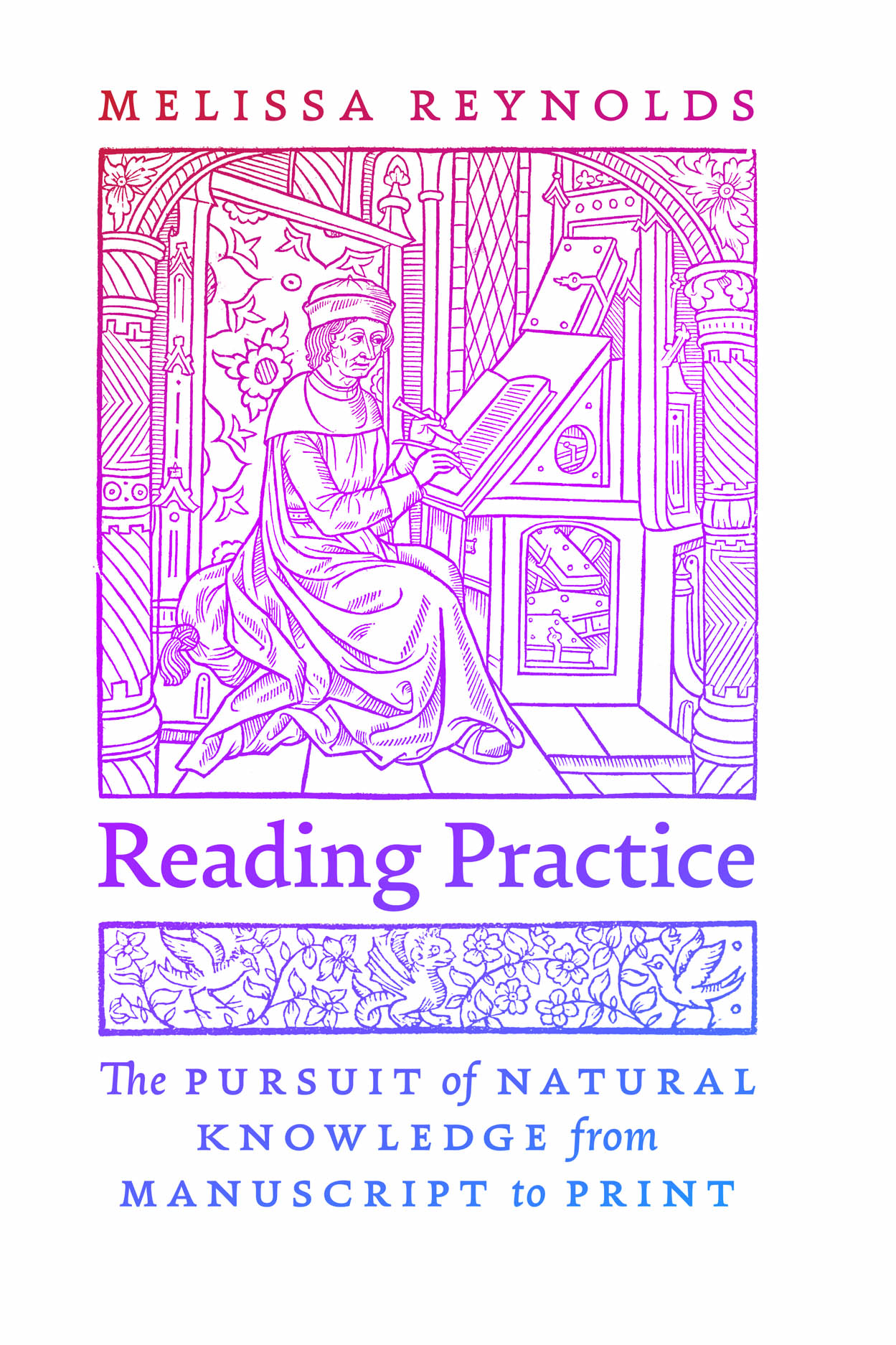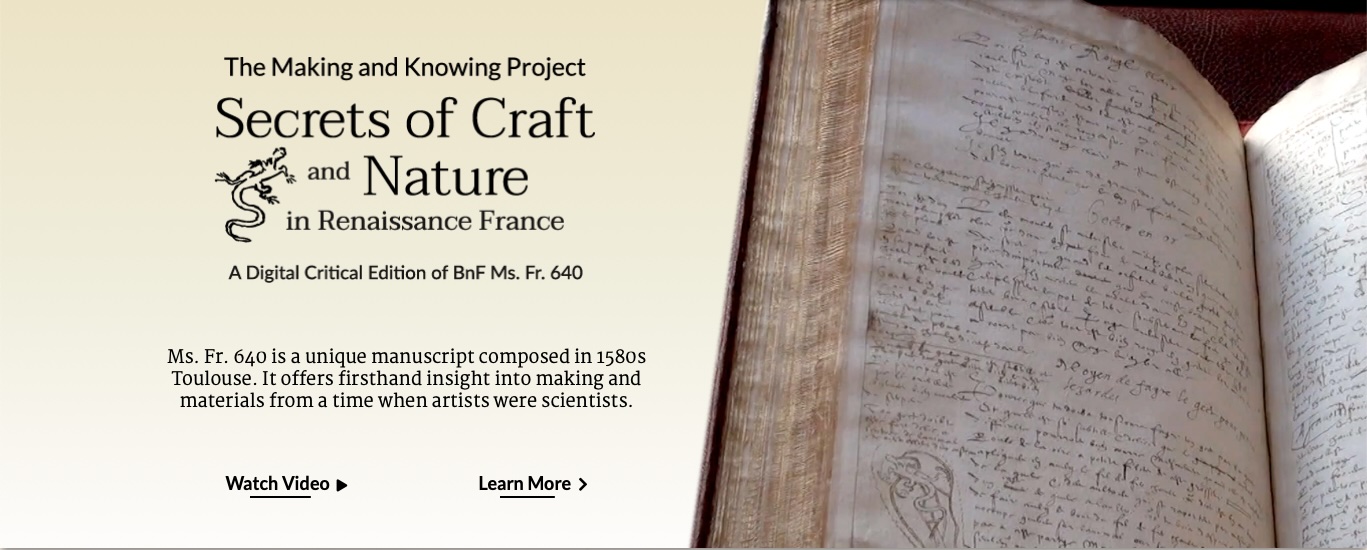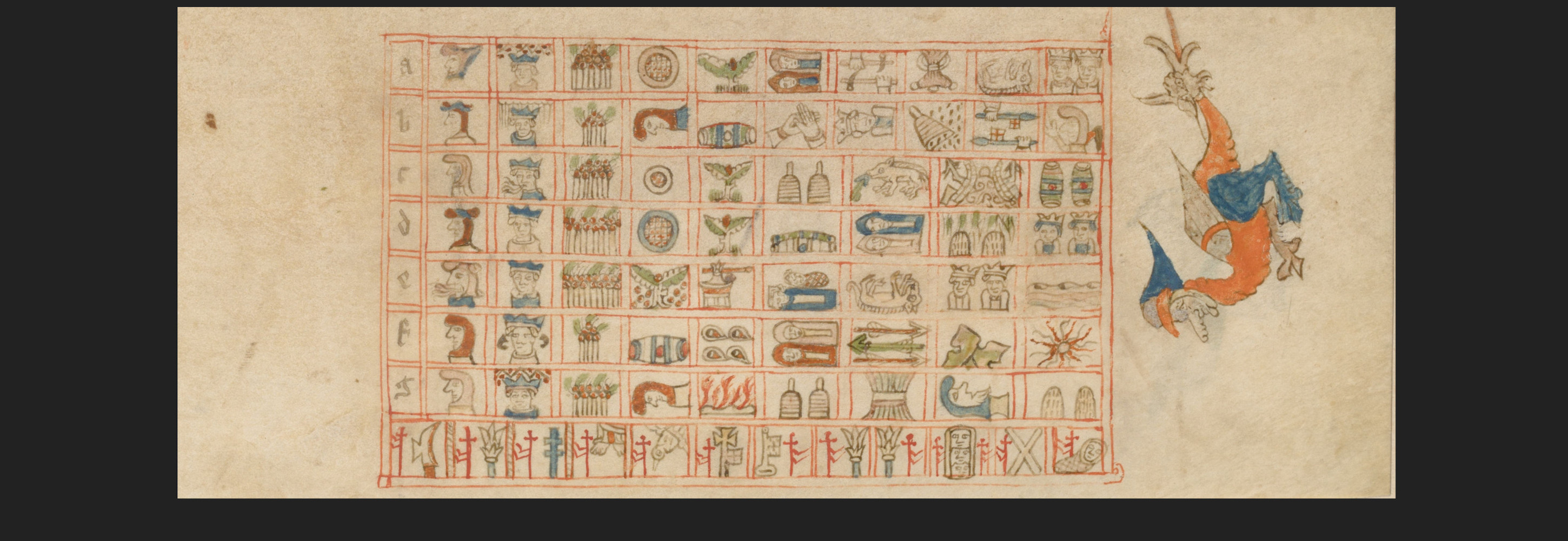RESEARCH
A lot of my research is published in venues that are difficult to access if you’re not an academic with institutional subscriptions to journals. This can be frustrating given that the questions I seek to answer about people living 400 to 500 years ago—how did they understand their place in the natural world as so much was changing following new discoveries? How did they access information about this changing world, and what did they think of these new ideas when they encountered them?—are questions that resonate with us today as we navigate an ever-changing information economy and a changing planet. This page is an attempt to remedy the problem of access. Here you’ll find presentations, podcasts, and websites where I describe my research for interested readers and thinkers outside academia.
My Book
My first book,Reading Practice: The Pursuit of Natural Knowledge from Manuscript to Print (Chicago: University of Chicago Press, 2024),
is available in paperback from the University of Chicago Press. Though it is an academic monograph,
the stories it tells of readers and their books more than 500 years ago may appeal to anyone
who has searched Dr. Google to diagnose a rash or watched a YouTube video to learn how to
mend a shirt or cook a meal. It’s also a great read for book nerds!

If you’d like to learn more about the book, you can listen to this interview I did with Sarah Bramao-Ramos of New Books Network, all about the research, arguments, and ideas that went into Reading Practice.
For a more academic preview of the book, you could watch this talk I gave for the National Library of Medicine’s “History Talks” series in November 2023, with the added bonus that you’ll get to see images of a few of the manuscripts I study.
Or, you could read a series of blog posts by Nikiana Dinenis, Grace Murray, and Caleb Prus, published in the Winter 2025 issue of The Recipes Project, reflecting on the book’s contributions to the fields of the history of reading, of publishing, and of medicine and medical disinformation.
Finally, data enthusiasts or manuscript nerds may also wish to browse the website I built to house the bibliographical data behind the book: A Digital Companion to Reading Practice.
Op-Eds, Blog Posts, and Podcast Interviews
As an educator and a historian, I’m always looking for outlets that will allow me to share my research about the past and connect that research to contemporary questions or problems. Below, you’ll find links to op-eds, blog posts, and podcasts all about my research, and sometimes about the relationship between premodern history and contemporary politics.
“Interview with Sarah Bramao-Ramos about Reading Practice,” New Books Network, January 17, 2025
Co-editor, “Images As/And Recipes,” Autumn 2024 Issue of The Recipes Project
“The Page 99 Test: Reading Practice,” The Page 99 Test, September 18, 2024
“Medicine, Magic, and Literacy in Early Modern England,” Chasing Leviathan, September 8, 2023
“Reading Remedy Books: Manuscripts and the Making of a National Medical Tradition,” for the National Library of Medicine’s Circulating Now, October 26, 2023
Editor, “Recipes for Rebirth,” Spring 2023 Issue of The Recipes Project
“On the Absurdity of Deeply Rooted Tradition,” The Daily Princetonian, May 10, 2022
“A Late Medieval ‘How To’ Book,” recorded for 90Second Narratives, March 15, 2021
“Perpetual Prognostications: Medieval Recipes for Living,” The Recipes Project, October 1, 2020
“Communications Failures from the Fifteenth Century are Still Happening Today,” recorded for Policy Punchline, April 21, 2020
“A Recipe for Reproductive Healthcare,” The Recipes Project, June 27, 2019
“The key to lowering America’s high rates of maternal mortality,” The Washington Post, May 8, 2019
“But does it work? Playful magic and the question of a recipe’s purpose,” The Recipes Project, January 24, 2019
A Cool Manuscript in Digital Facsimile
 From 2015–2018, I was a member of the translation and transcription team for the Making and Knowing Project, led by
Professor Pamela Smith of Columbia University. Professor Smith had the brilliant idea to bring together
graduate students in the history of art and history of science to work collaboratively on a critical edition of
Bibliothèque nationale de France MS Fr. 640, a late sixteenth-century manuscript filled with all variety of
craft recipes. Not only did we transcribe and translate the manuscript from Middle French to English, our team also
used TEI-encoding to mark up the text so that users can quickly search its contents for information on materials and
ingredients used within the recipes, people and places referenced in the manuscript, techniques used, and sensory perceptions
described by the practitioner. Our transcriptions and translations were then referenced by teams of
graduate students who worked in labs at Columbia University over several semesters to reproduce the recipes
within the manuscript, in the process learning about the relationship between “making and knowing” about nature
in early modern France.
From 2015–2018, I was a member of the translation and transcription team for the Making and Knowing Project, led by
Professor Pamela Smith of Columbia University. Professor Smith had the brilliant idea to bring together
graduate students in the history of art and history of science to work collaboratively on a critical edition of
Bibliothèque nationale de France MS Fr. 640, a late sixteenth-century manuscript filled with all variety of
craft recipes. Not only did we transcribe and translate the manuscript from Middle French to English, our team also
used TEI-encoding to mark up the text so that users can quickly search its contents for information on materials and
ingredients used within the recipes, people and places referenced in the manuscript, techniques used, and sensory perceptions
described by the practitioner. Our transcriptions and translations were then referenced by teams of
graduate students who worked in labs at Columbia University over several semesters to reproduce the recipes
within the manuscript, in the process learning about the relationship between “making and knowing” about nature
in early modern France.
The completed edition, Pamela Smith et al., eds., Secrets of Craft and Nature in Renaissance France: A Digital Critical Edition and English Translation of Bibliothèque nationale de France MS Fr. 640, is open access and freely available to students and teachers alike. Users of the site will be able to view high-resolution images of the original manuscript alongside our translations and transcriptions, but even cooler, they’ll be able to watch videos and read essays describing students’ attempts to try their hands at sixteenth-century techniques for metal casting, taxidermy, artistic reproductions, and other very cool craft techniques captured in BnF MS fr.640.
A Manuscript Edition in Progress
Inspired by the success of Secrets of Craft and Nature, Professor Smith received a National Science Foundation Grant (#2218218) to create a publication tool for digital critical editions. This tool, the software EditionCrafter, is currently under development (2022-2024) by the Making and Knowing Project (M&K), Performant Software Solutions, and a number of case-study collaborators. EditionCrafter is designed to be an open-source, customizable publishing tool that will allow users to deploy their own texts, data, and commentary as low-maintenance digital critical editions. For more about this work, see the NSF award announcement: Crafting an Open Source Digital Publication Tool for the History of Science.
As one of the collaborators on this project, I have begun work on Old Books, New Science, an initiative to digitally reconstruct the manuscript library of Henry Dyngley, a sixteenth-century English collector of Middle English medical manuscripts. The project seeks to understand why early modern readers collected medieval medical and scientific knowledge in old manuscripts, how generations of readers engaged with these manuscripts over time, and what role these older books played in the development of new epistemologies associated with the scientific revolution. Old Books, New Science is very much work-in-progress, though interested readers will be able to see transcriptions of the first few pages of one of Dyngley’s manuscripts, Trinity College Cambridge MS O.8.35, at the project site.
